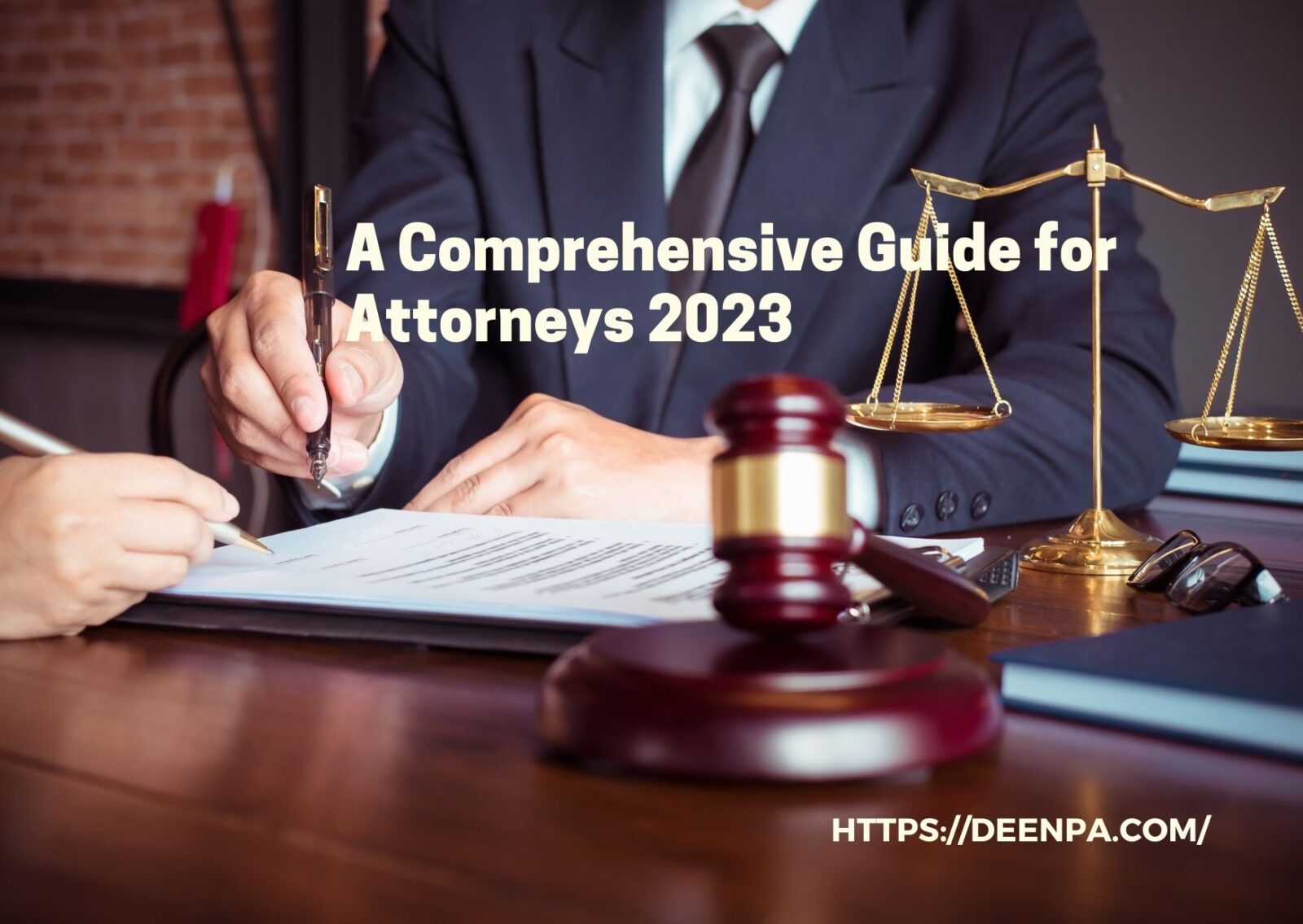A Comprehensive Guide for Attorneys
Introduction:
A Comprehensive Guide for Attorneys 2023.Welcome to our comprehensive guide on mastering legal writing for attorneys. In this article, we will provide you with expert insights, practical tips, and essential techniques to enhance your legal writing skills. Effective legal writing is a fundamental aspect of the legal profession, and by honing this skill, you can significantly impact your clients, colleagues, and the legal community at large. Let’s delve into the world of powerful legal writing!
The Power of Clear and Persuasive Legal Writing
Clear and persuasive legal writing is the backbone of any successful legal practice. It plays a pivotal role in drafting legal documents, presenting compelling arguments in courtrooms, and effectively communicating with clients and stakeholders. By improving your legal writing, you can convey complex legal concepts in a way that is easily understandable to your audience, regardless of their legal expertise.
Crafting Compelling Legal Arguments
One of the cornerstones of exceptional legal writing is the ability to construct strong and persuasive arguments. The impact of your writing on legal proceedings cannot be overstated. Here are the key steps to crafting compelling legal arguments:
1. In-Depth Legal Research
Before embarking on any legal writing endeavor, invest ample time in conducting thorough legal research. Dive into relevant case law, statutes, and legal precedents that bolster your position. Let’s illustrate this process with a Mermaid diagram:
2. Structure Your Argument Logically
An effective legal argument follows a logical structure. Begin with a clear and concise introduction, stating the issue at hand and your position. Subsequently, present your supporting arguments in a systematic and coherent manner. Finally, conclude with a robust summary that reinforces your stance.
3. The Power of Persuasive Language
The choice of words in legal writing holds tremendous sway over your audience. Be concise, precise, and employ language that resonates with judges, clients, and fellow legal professionals.
4. Address Counterarguments Proactively
Anticipate opposing viewpoints and preemptively address them in your writing. By acknowledging and countering potential weaknesses, you showcase your comprehensive understanding of the case while fortifying your argument.
Mastering the Art of Legal Briefs
Legal briefs are instrumental documents that lay out legal arguments and relevant facts of a case. Crafting a compelling legal brief is crucial for effective representation. Here’s a step-by-step guide:
1. Establish a Clear and Organized Structure
A well-structured legal brief should include headings and subheadings that guide the reader through the document seamlessly. Utilize Markdown’s formatting options to facilitate easy navigation.
2. Objective Presentation of Facts
Present a concise and objective summary of the relevant facts of the case. Avoid extraneous details that may distract from the core issues.
3. Rigorous Legal Analysis
Analyze the legal issues at hand and cite relevant laws, statutes, and precedents. Clearly explain how the law applies to the facts of the case and supports your client’s position.
4. Bolster Your Arguments with Authorities
Support your arguments with compelling authorities, such as case law and legal commentaries. Employ Markdown’s blockquote feature to emphasize crucial legal citations.
5. Conclude with Conviction
Summarize your key points and reiterate the relief sought for your client. End your brief with a resolute and persuasive conclusion.
Harnessing the Power of Legal Language
As an attorney, your language choices significantly impact your credibility and professionalism. Here are some valuable tips to harness the power of legal language:
1. Embrace Formal Language
Legal writing demands a formal tone. Avoid colloquialisms and slang, and opt for professional language that underscores your expertise.
2. Define Legal Terms
Clarify legal terms and jargon to ensure clarity for non-legal audiences. Utilize Markdown’s inline code feature to highlight and explain legal terminology.
3. Precision and Clarity
Be precise and unambiguous in your writing. Ambiguity can lead to misinterpretations and weaken your arguments.
Conclusion
In conclusion, mastering the art of legal writing is an indispensable skill for attorneys striving for excellence in their profession. By conducting thorough legal research, crafting compelling arguments, and presenting persuasive legal briefs with a mastery of legal language, you can elevate your legal practice and leave a lasting impact on the legal community. Remember, effective legal writing not only wins cases but also earns the trust and respect of clients and peers alike.

